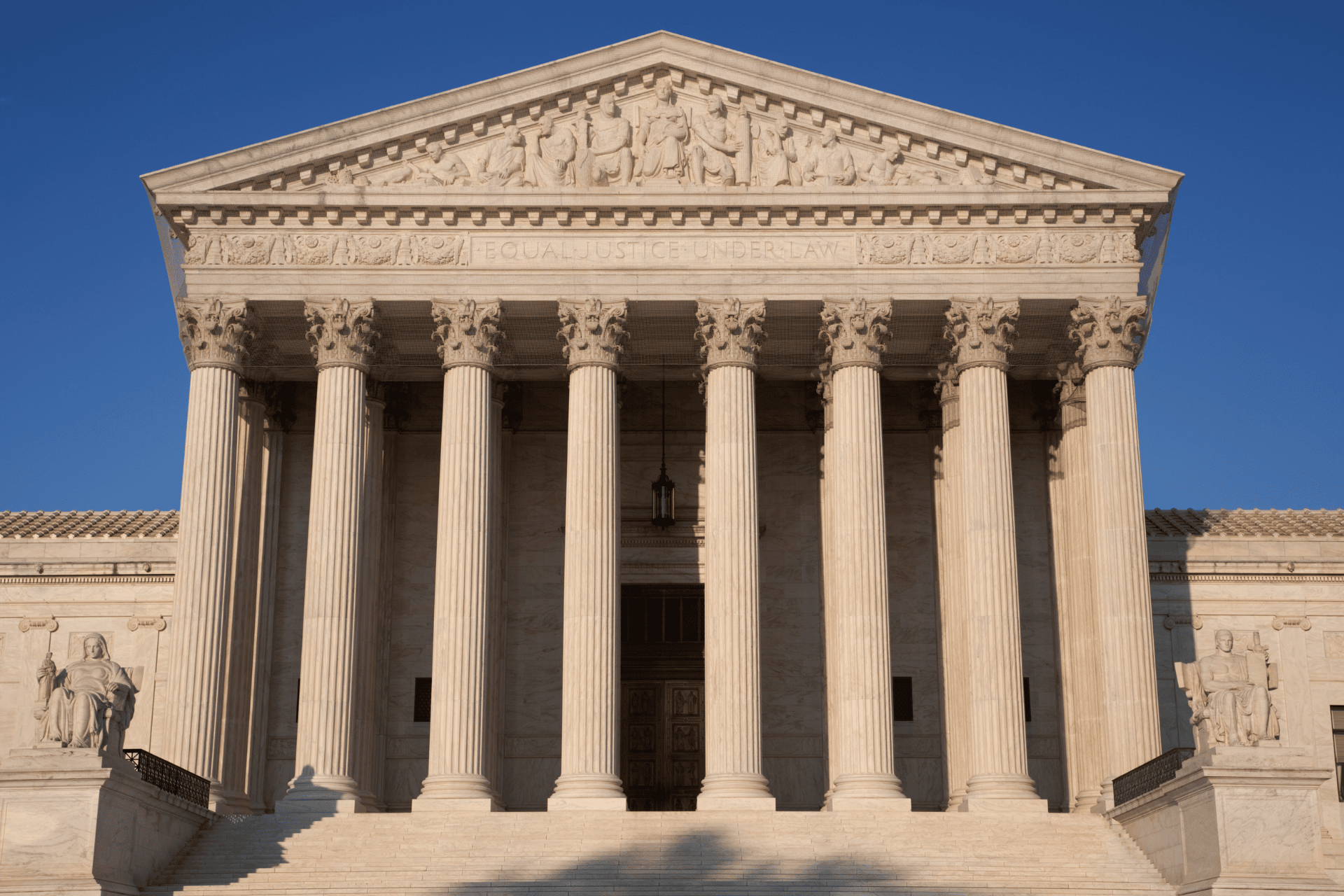The Supreme Court of the United States (SCOTUS) will hear arguments concerning definitions related to deportation policy. The debate centers around the timing of active legal proceedings related to obstruction of justice. Specifically, whether obstruction of justice can be used as the basis of deportation when matters aren’t in active judicial proceedings or investigations.
Under the Immigration and Nationality Act (INA), the Department of Homeland Security (DHS) has the ability to enforce immigration policy. This includes the automatic deportation of noncitizens if they are convicted at the federal or state level of an aggravated felony. In the past, crimes included as aggravated felonies were limited to only a few certain serious crimes. However, over the years Congress has expanded the list, so it now includes obstruction of justice on the list of aggravated felonies.
SCOTUS has maintained that obstruction of justice requires interference with an active proceeding. Therefore, in order to deport a noncitizen the obstruction of justice must apply to an ongoing, open investigation
The Board of Immigration Appeals (BIA) goes further, including “interference with an investigation or proceeding that is reasonably foreseeable” to be included as a basis for deportation. The status of the investigation is expanded in this definition to include what the potential investigation or proceeding may include, interpreted by a reasonable person.
After the Court hears arguments and makes a decision, the matters will then be considered by immigration judges once again.
If you have questions about deportation policy or any other immigration-related issue, please contact us. We actively monitor ongoing reviews and updates of U.S. immigration policy to ensure our clients get the proper guidance for their particular situations. We can help you, too.

